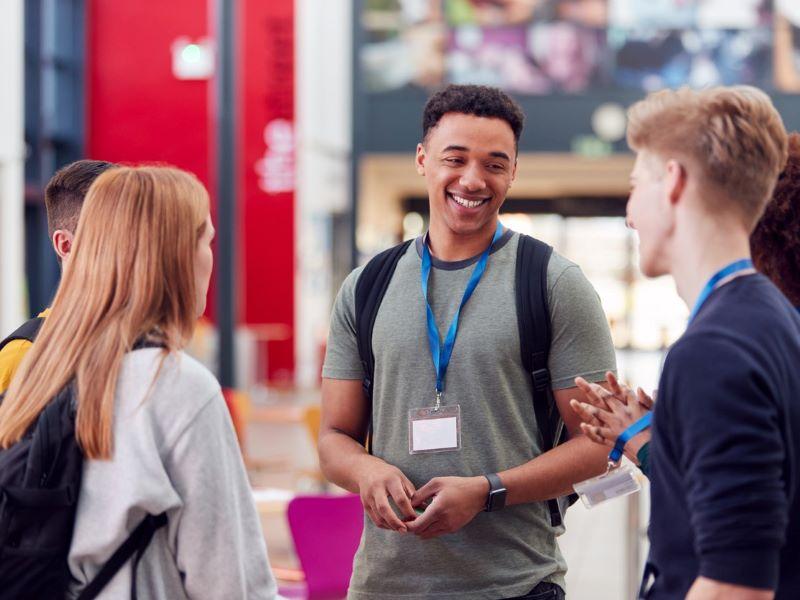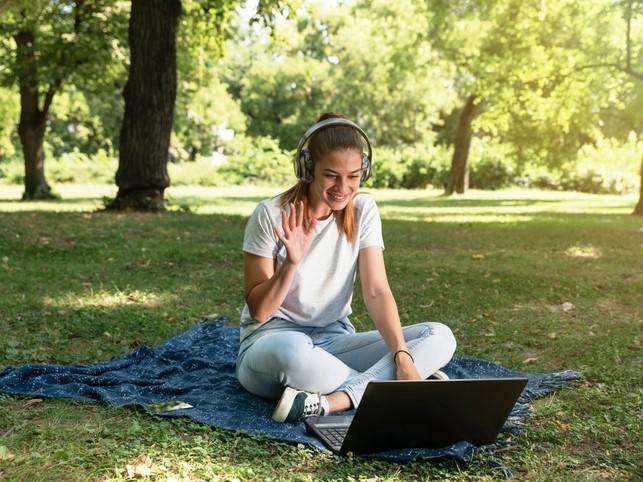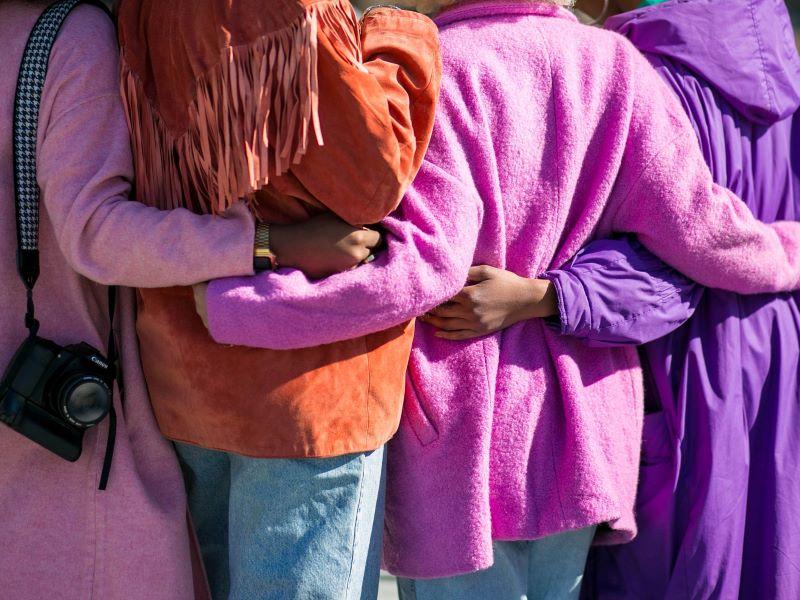
Building student social networks offline
Becky Lewis explains how to purposefully encourage and support students in forming social bonds and groups after two years of remote learning, isolated from their peers and lecturers
The disruption affecting three academic years has dramatically altered how students interact with their lecturers and with one another. We have observed that students who arrived in 2021 have much smaller social groups within their course, which reduces opportunities for peer support. This is likely related to the hybrid teaching adopted by many of our lecturers, meaning many students opt to study online and do not experience the natural social interactions that accompany face-to-face sessions. The potential outcomes of this include:
- Reduced well-being
- Limited social circle
- Reduced deep learning, if they do not “chat” about lectures or help each other to understand trickier concepts
- Lower grades, resulting from a lack of peer support in completing assignments and revising
- Less motivation to attend taught sessions.
In response to this, a lot of thought and energy needs to be invested in providing opportunities for students to socialise with peers on their course – and encouraging them to do so. We have hosted a number of events and get-togethers to connect students with their peers. Key requirements for such sessions are that they should be:
- Optional, but with some clear immediate benefit to the students to motivate attendance (eg, free food and drink, or appearing to be academically beneficial by building transferable skills or revising assessed concepts)
- Supervised enough to suggest a valuable university event, but unsupervised enough for students to chat and deviate from the task set
- Pleasant and confidence-building.
Our effective student community building sessions have included:
The skills trail: We are fortunate to have a beautiful campus with a lake and plenty of biodiversity. The students were invited to a teaching event for their module “skills for biologists” to walk around the lake, meeting lecturers at stations along the way with skills-testing tasks. The incentive for the students was that they would meet their lecturers, as all teaching had until then been entirely online; they would meet each other, as requested in mid-module review responses; and they would have a chance to revise some of the skills they had been developing on the course. Many students commented that the “on the spot” nature of the tasks was good exam preparation.
Optional fun labs: During reading week, some researchers designed fun lab sessions for students. The incentive for students was that it would be an opportunity for them to develop practical skills, in which they may be lacking in confidence because of Covid restrictions hindering their ability to practise and apply such skills. By the end of these sessions, students said they felt considerably more confident in microscopy, which is a key practical skill used across biological science disciplines.
A biological society event: During welcome week, student are inundated with information and often overwhelmed. Key societies that could be really supportive and enjoyable can be overlooked. To remedy this, we hosted a School of Biological Sciences-specific societies event, inviting our BAME in BIO, Pride in BIO, mature students society, Conservation and Wildlife Society, among others. Free cake and coffee offered students an incentive, alongside the potential to find a society that appealed to them.
I have learned several lessons from managing these events:
- They need to be publicised both far in advance, to enable students to plan to attend, and close to the date, to remind students to attend
- The incentive to attend must be made clear. Students seem more inclined to attend optional sessions if they perceive an academic benefit or enjoyable freebies such as food and drink
- The timing of the event in the semester is important. Students start to feel lonely within about four or five weeks of university, so hosting a social event in week three will have more impact than in week seven, when some students may already have given up
- The timing and day of the week is also important. For example, mature students may be unable to attend sessions after 3pm if they have external work commitments or childcare considerations
- Gather student feedback on the events to improve and refine how they are organised.
The events so far have been fun and have built a sense of community and belonging among students and staff, after more than two years of predominantly remote learning that has made it difficult to form social bonds.
Becky Lewis is a lecturer in the School of Biological Sciences at the University of East Anglia.
If you found this interesting and want advice and insight from academics and university staff delivered directly to your inbox each week, sign up for the THE Campus newsletter.





Comments (0)
or in order to add a comment